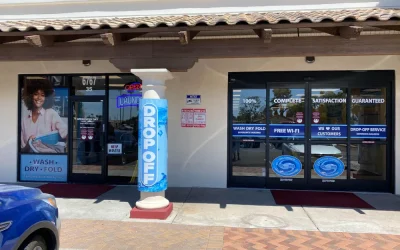If you have a senior dog, you are aware of the issues that he or she may face. While how the pet has been treated and fed earlier in their lives, there are still matters that can affect his ability to enjoy a high quality of life. When he or she is a puppy, you do your best your best to take care that s/he receives the best care possible. If you live in the area, you take your canine companion to the best possible Orange Park Veterinarian. Vaccinations, check-ups and other matters help keep your pet safe and healthy.
Special Needs of Your Senior Canine
Yet, older dogs have special needs, some more than others. Genetics and breed type can influence how they age and what potential health issues they may have. Preventive care is often the best approach to take to help your senior citizen canine enjoy the twilight years. This will require a holistic approach that involves more than conventional medical care. It involves you digging deep into yourself and fulfilling part of the unwritten contract you have with your companion animal.
Among the various aspects of your senior dog’s life you will need to consider are the following:
Nutrition: Preventive care involves feeding your senior dog a proper diet. Senior dogs, as is the case with cats and other domestic animals of that age, have different nutritional demands and needs than they had a younger adult or puppy. They require less calories and need to be mindful of salt and phosphorus. Fortunately, by talking to an Orange Park Veterinarian, you can learn about what type of dog food may be best at this stage of life.
Today, most pet food companies supply different types of food for the different stages of life. This makes it easier to keep your canine on the same brand merely change the formulation. In some instances, in Orange Park, the veterinarian may say the animal can remain on the same diet. It all depends upon the breed of dog, current and potential health issues, dental health, activity level and weight.
Exercise: A senior dog requires exercise. It is good for the dog to move about as it increases the circulation of the animal’s lymph system. Movement decrease the pain of such problems as osteoarthritis, limbers the joints and helps improve the overall ability to continue to function normally including helping in the function of the digestive system.
If walking is an issue, use a sling to help the animal stand. If the pain is excessive, talk to an Orange Park veterinarian about hydrotherapy.
Environment: Your mood can affect the health of your dog. If you are stressed out or worried, it can manifest itself in your dog. By raising the stress level of your senior canine, you are increasing the potential for it to become ill. As for the physical environment – consider making your home senior friendly with ramps and other devices.
Talk to an Orange Park Veterinarian
If you have a senior dog, you will quickly realize how you need to adapt to the changes in his or her life. Look at your dog as an individual. Talk to your current Orange Park veterinarian about how you can make your companion canine’s life easier without offending their sense of worth. They have been there for you. It is time for you to be there for them.







